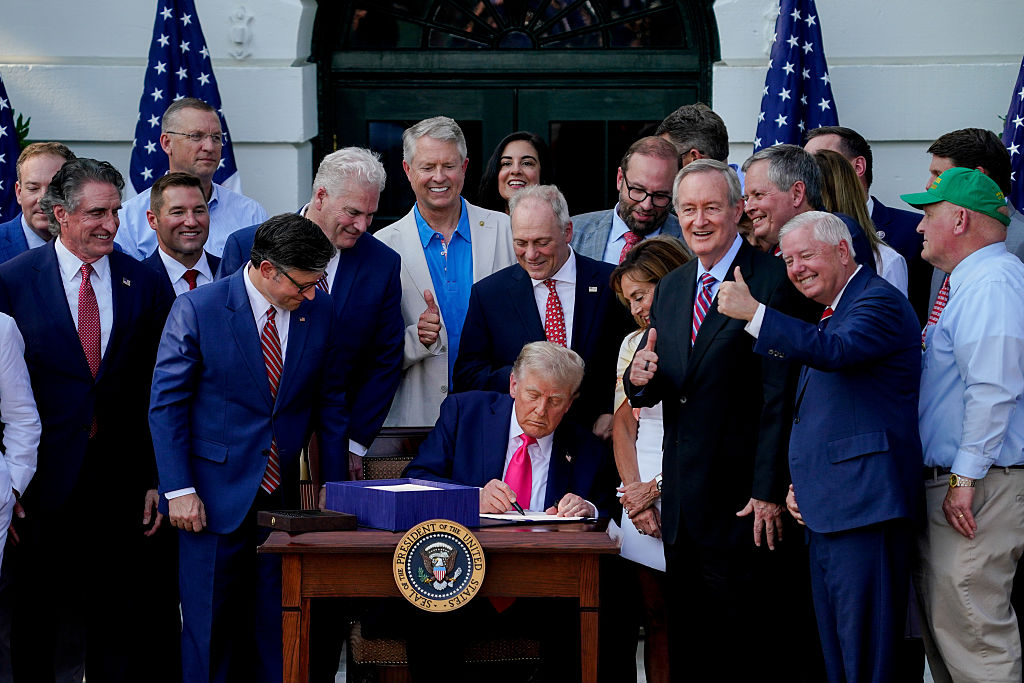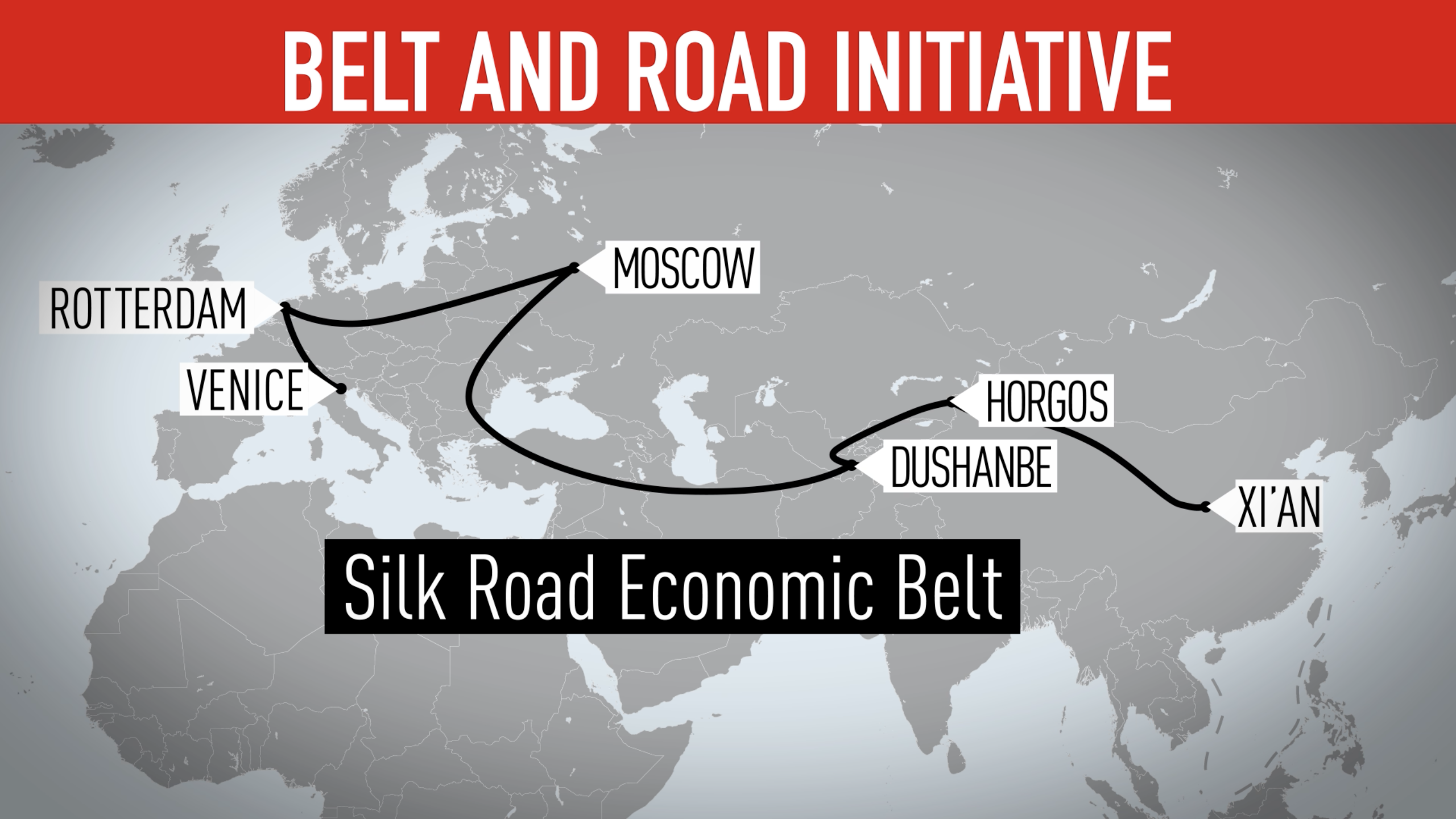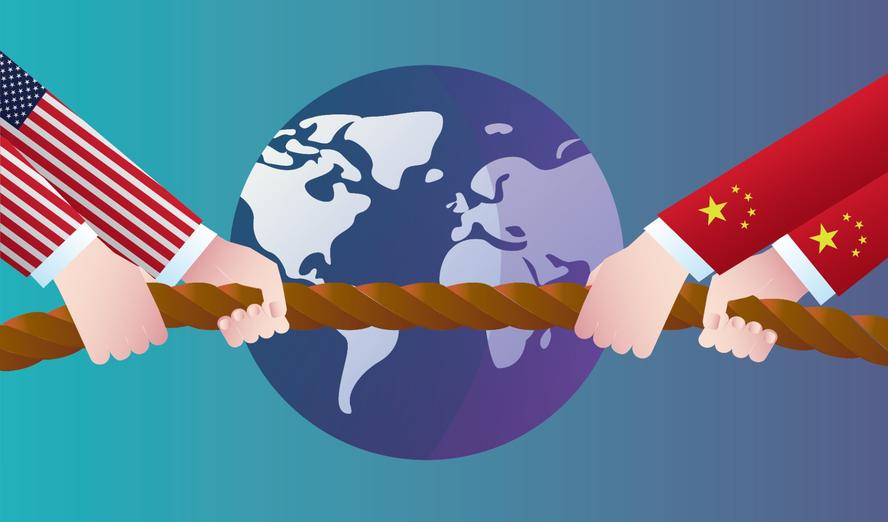Foreign Policy
October 30, 2023
Trump's "Big, Beautiful" New Bill: What's In It & Who Gets Hurt?
Donald Trump just unveiled his latest legislative push—a sweeping proposal he calls "the biggest, most beautiful bill ever." But behind the grand promises lie tax cuts for the rich, brutal immigration crackdowns, and a radical shakeup of America’s trade policy.

The "Billionaire Bonanza": Trump’s Tax Cuts 2.0
The centerpiece of Trump’s bill is a replay of his 2017 tax cuts—but bigger. The plan slashes corporate taxes from 21% to 15%, eliminates the estate tax (benefitting dynasties like the Trumps), and creates new loopholes for real estate investors.
Analysis by the Tax Policy Center shows the richest 0.1% would save $1.5 million per year, while middle-class families get crumbs—an average $500 cut. Worse, it’s unpaid for, adding $3 trillion to the deficit. Trump claims this will "supercharge the economy," but even Fox Business admits 80% of past corporate tax savings went to stock buybacks, not jobs.
Tariffs on Steroids: A Trade War Time Bomb
Trump's proposal for a universal 10% tariff on all imports—with an extreme 60% levy targeting China—would send shockwaves through the global economy. Economists warn this reckless escalation would have catastrophic ripple effects, particularly for Asian American small businesses that rely on imported goods.
Family-run restaurants would see the price of essential ingredients like rice, spices, and cooking oils skyrocket overnight, while electronics retailers and clothing stores would be stuck with unsellable inventory as consumer prices spike. The National Retail Federation predicts these tariffs could cost the average American household $2,500 annually in higher prices.
Even more dangerously, trading partners like Japan, South Korea, and Vietnam would retaliate with their own tariffs, threatening U.S. agricultural exports and manufacturing jobs. What Trump frames as "economic patriotism" is, in reality, a self-inflicted wound that would disproportionately harm immigrant entrepreneurs and working-class consumers.
The "Deportation Force" Plan Hidden in the Fine Print
Tucked away in the bill's later sections lies one of its most draconian measures: a nationwide mandate for E-Verify workplace checks, coupled with a tripling of ICE's enforcement budget.
This sets the stage for what immigration advocates fear would become the largest deportation dragnet in U.S. history, targeting an estimated 15 million undocumented immigrants—including over 600,000 Asian immigrants from countries like the Philippines, India, and Korea. The plan goes beyond border security, proposing to criminally prosecute business owners who employ undocumented workers and attempting to unilaterally end birthright citizenship through executive order.
For Asian American communities, this resurrects traumatic memories of Japanese internment and Chinese Exclusion, creating a climate of fear where even legal visa holders and U.S. citizens could face racial profiling. Community organizations report that similar policies under Trump's first term led to a 40% drop in crime reporting in Asian immigrant neighborhoods, as families avoided all contact with authorities.
How This Could Destroy Asian American Small Businesses
The combined impact of punitive tariffs and immigration crackdowns would devastate Asian American entrepreneurship. Restaurants—which make up 30% of all Asian-owned businesses—would be hit with a perfect storm of soaring ingredient costs and severe labor shortages, as undocumented kitchen staff disappear overnight.
Retailers specializing in imported goods, from herbal medicines to traditional clothing, would face existential threats as their supply chains become financially untenable. The tech sector wouldn't be spared either, with the proposed elimination of the EB-5 investor visa program cutting off a critical path for immigrant entrepreneurs to launch startups.
Perhaps most insidiously, the bill's "public charge" expansions could deny green cards to immigrants who've ever used social services—forcing families to choose between needed assistance and permanent residency. The Asian American Business Alliance warns these policies aren't just bad economics, but represent a systematic dismantling of the community's economic foundations built over generations.
Will This Even Pass—Or Is It Just a Campaign Stunt?
While the bill has virtually no chance of becoming law before the 2024 election, its true purpose is more sinister than ordinary legislation. The proposal serves as both a rallying cry for Trump's base and a blueprint for authoritarian overreach should he regain power.
By packaging wildly unpopular corporate giveaways with xenophobic policies, Trump aims to force Biden into defending big business while energizing nativist voters. More alarmingly, the bill previews how a second Trump administration could bypass Congress entirely—through extreme executive actions on tariffs, mass deportations, and birthright citizenship repeal.
Legal scholars note that several provisions directly mirror the "Project 2025" playbook by conservative think tanks, which outlines plans to politicize the civil service and consolidate presidential power. For Asian Americans, the message is clear: this isn't just political theater, but a dry run for policies that could permanently alter their place in American society. The time to organize resistance isn't after the election—it's now.



